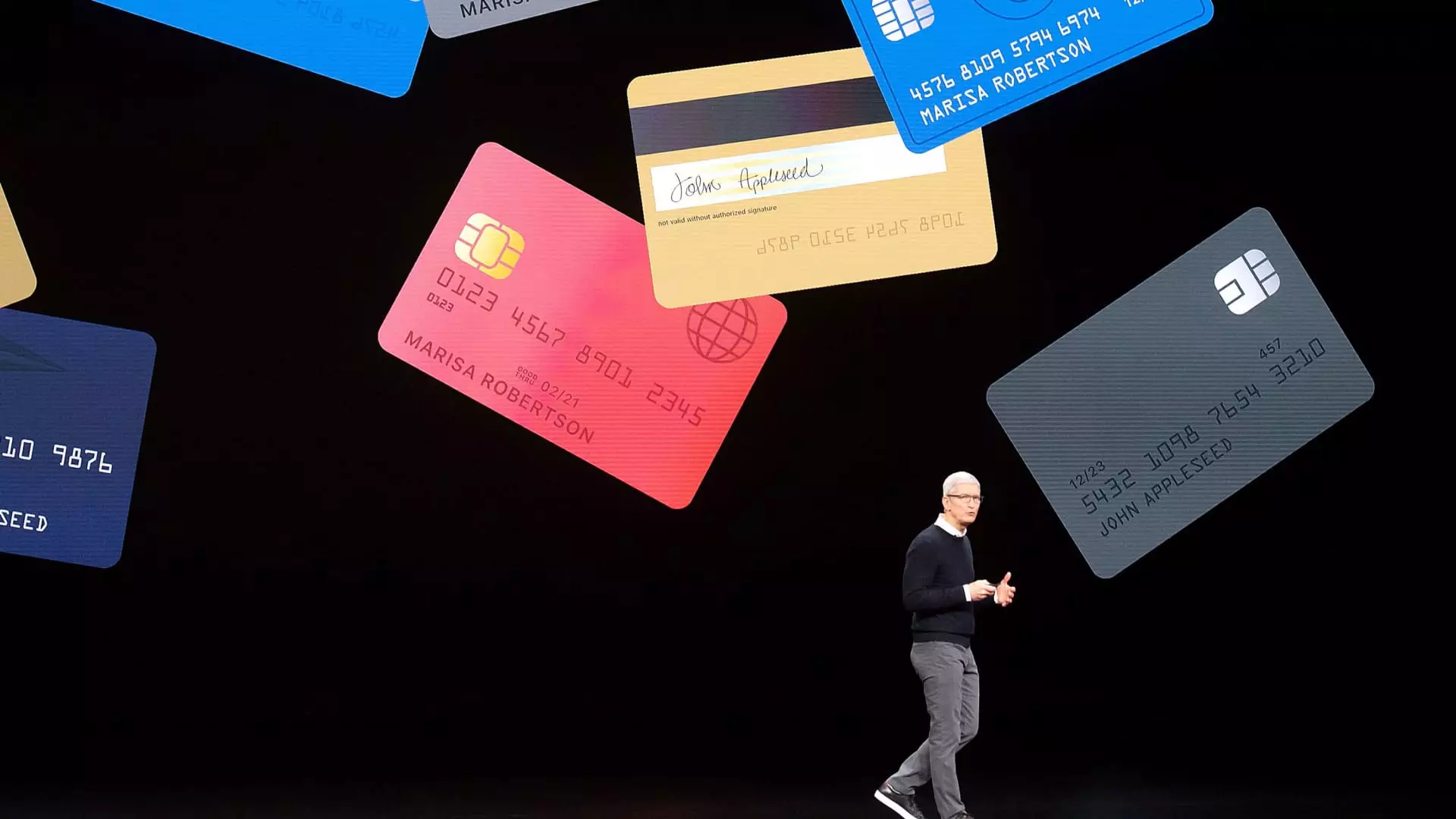In a striking move, the Consumer Financial Protection Bureau (CFPB) has imposed a penalty exceeding $89 million on tech giant Apple and banking institution Goldman Sachs for their handling of consumer disputes concerning Apple Card transactions. This decision underscores the scrutiny faced by both tech companies and financial institutions in their compliance with federal regulations. Although Apple and Goldman Sachs initially positioned the Apple Card as an innovative financial solution, the CFPB found significant lapses in their operational integrity.
The Core of the Misconduct
The CFPB’s investigation revealed that Apple did not appropriately transmit tens of thousands of consumer disputes to Goldman Sachs. Furthermore, even when Goldman Sachs did address these disputes, the CFPB noted that the bank failed to adhere to federal investigation mandates. Consequently, Goldman Sachs faces a hefty civil penalty of $45 million and an additional $19.8 million in consumer redress. Apple, on the other hand, was slapped with a $25 million fine. Furthermore, the bureau has put a stop to Goldman Sachs from introducing new credit cards until they can ensure compliance with the law, painting a stark picture of the repercussions for non-compliance.
CFPB Director Rohit Chopra criticized the actions of both companies, stating that “Big Tech companies and big Wall Street firms should not behave as if they are exempt from federal law.” The troubles intensify when considering that the Apple Card was marketed as a straightforward and transparent financial product. Initially launched in 2019, it promised simplicity and consumer friendliness through its integration with Apple Pay. However, the CFPB’s findings suggest that consumers were misled regarding interest-free installment payments for Apple devices, causing confusion and financial strain for numerous users.
The federal agency’s investigation found that consumers believed they were entitled to automatic interest-free monthly payments when financing Apple devices, but many ended up incurring interest charges instead. This lack of clarity and communication from Goldman Sachs, particularly in explaining refund processes, led to incorrect credit reports for some consumers—a serious violation that could hinder individuals’ financial well-being.
Defending the Apple Card
In light of the allegations, Goldman Sachs defended its product, with spokesperson Nick Carcaterra stating that the Apple Card is “one of the most consumer-friendly credit cards that has ever been offered.” He claimed the company has been actively addressing operational challenges experienced since the card’s inception. However, such claims may do little to rebuild consumer trust following these revelations. This incident highlights the urgency for financial institutions, especially those partnered with tech entities, to prioritize transparency and consumer awareness within their marketing and operational frameworks.
This case illustrates a critical turning point for both sectors: the tech world must recognize its legal obligations in financial services, while financial institutions need to ensure that technology does not outpace compliance frameworks. As regulations evolve to encompass more complex digital financial products, the partnership between such entities will be scrutinized. The CFPB’s actions symbolize not only a reinforcement of consumer protection but also a reminder that integrity and compliance are essential in maintaining consumer trust in an increasingly interconnected market.

